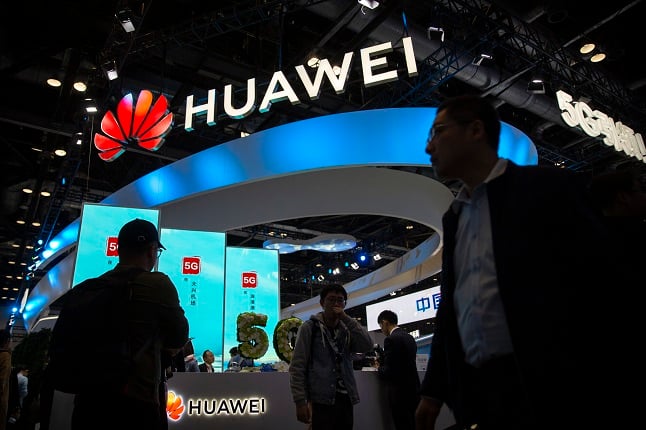SECURITY
Art Basel steps up security by bodyscanning attendees
Visitors to this year’s Art Basel, held this week, will have to pass through full body scanners for the first time.
Published: 14 June 2017 10:53 CEST

Photo: Art Basel
One of the world’s biggest and most prestigious art fairs, Art Basel began on Tuesday and is open to the public from Thursday to Sunday, with up to one hundred thousand people expected to walk through the doors during the week.
New this year, every visitor will face airport-style body scanners. In the past the show had only scanned bags.
Speaking to Swiss newspaper Blick, a spokeswoman for Art Basel said it was reacting to the world safety situation but that there had been no specific terror threat against the show.
“In view of the latest incidents we are taking additional preventative measures to ensure the safety of visitors and exhibitors,” said Dorothee Dines.
Visitors should not expect longer wait times, she added.
“The body scanners are an effective way of getting large numbers of visitors into the halls as quickly as possible.”
Founded in 1970, Art Basel last year attracted 95,000 people over its six-day run.
Held in the Messe Basel exhibition centre, the show brings together 290 of the world’s leading galleries to showcase the work of over 4,000 artists.
The main show is accompanied by talks, film screenings and installations around the city.
Url copied to clipboard!


 Please whitelist us to continue reading.
Please whitelist us to continue reading.
Member comments